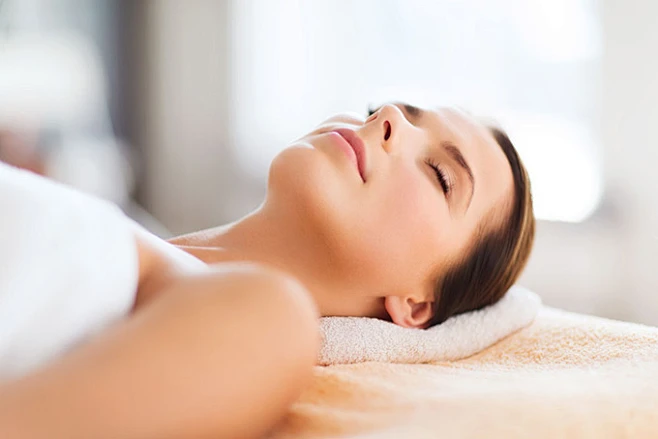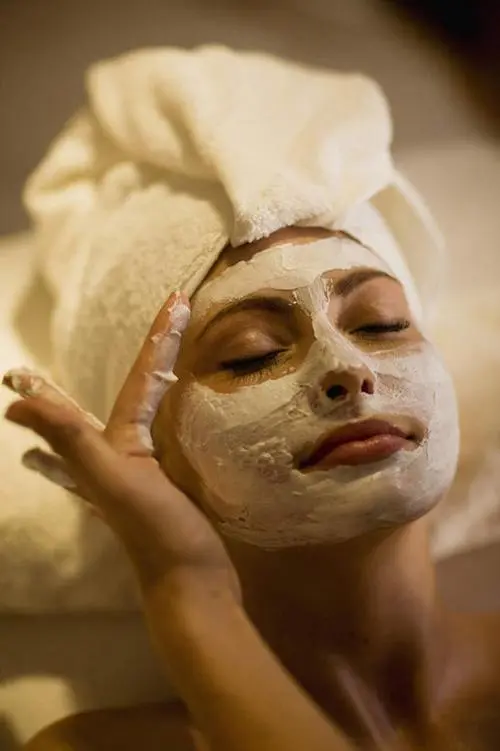Sleep is not only crucial for overall health but also plays a key role in skin lifting and anti-aging. In modern life, many people neglect quality sleep due to work stress and fast-paced lifestyles, leading to poor skin conditions, such as sagging, wrinkles, and dullness. However, scientific research shows that adequate sleep is essential for skin recovery and regeneration. This article explores the relationship between sleep and skin lifting, helping you understand how improving sleep can lead to firmer, more youthful skin.

1. Skin Repair and Regeneration During Sleep

Throughout the day, the skin is exposed to various environmental stressors, such as UV rays, pollution, and free radicals. Nighttime is when the skin undergoes critical repair and regeneration processes. During deep sleep, the body releases growth hormones that promote cellular repair and regeneration, particularly the production of collagen. Collagen is a vital protein that maintains skin elasticity and firmness. Lack of sleep can disrupt the secretion of growth hormones, slowing down collagen production and leading to sagging and loss of elasticity. Therefore, getting enough sleep is crucial for skin lifting.

2. The Negative Effects of Sleep Deprivation on Skin


Chronic sleep deprivation can have noticeable negative effects on the skin. Firstly, lack of sleep leads to moisture loss, exacerbating dryness and making the skin appear dull. Secondly, sleep deprivation increases skin inflammation, causing sensitivity, redness, or acne breakouts. Additionally, insufficient sleep accelerates the aging process of the skin, leading to issues like under-eye bags, dark circles, and wrinkles. These symptoms directly impact the overall facial contour and firmness, making the skin look more saggy.

3. The Positive Impact of Quality Sleep on Skin Lifting


Quality sleep not only allows the body and mind to recover but also significantly improves the skin’s condition. Firstly, adequate sleep helps improve blood circulation, providing the skin with more oxygen and nutrients, and promoting cellular metabolism, which enhances skin elasticity and firmness. Secondly, during deep sleep, the skin’s moisture levels increase, improving hydration and making the skin appear plumper and smoother. Moreover, good sleep balances hormone levels, reducing the secretion of cortisol (a stress-related hormone), which helps slow down the skin aging process.

4. Tips for Improving Sleep Quality

To improve sleep quality and, in turn, enhance skin condition, you can take the following steps. First, establish a regular sleep schedule, aiming for 7-9 hours of sleep each night to ensure your body has enough time for repair and regeneration. Second, avoid using electronic devices before bed to reduce blue light interference with sleep, helping your body enter deep sleep more quickly. You can also try relaxing activities before bed, such as meditation, reading, or taking a warm bath, to help relax your mind and body. Additionally, keeping your bedroom quiet, dark, and at a comfortable temperature is key to ensuring high-quality sleep.
Conclusion

Sleep has a profound impact on skin lifting and overall health. By ensuring adequate quality sleep, the skin can better repair and regenerate itself, maintaining firmness and elasticity while delaying the aging process. Modern individuals should recognize the importance of sleep and take effective measures to improve sleep quality, thereby achieving healthier, more youthful skin. Adequate sleep is not only the foundation of beautiful skin but also a critical aspect of maintaining overall health.


